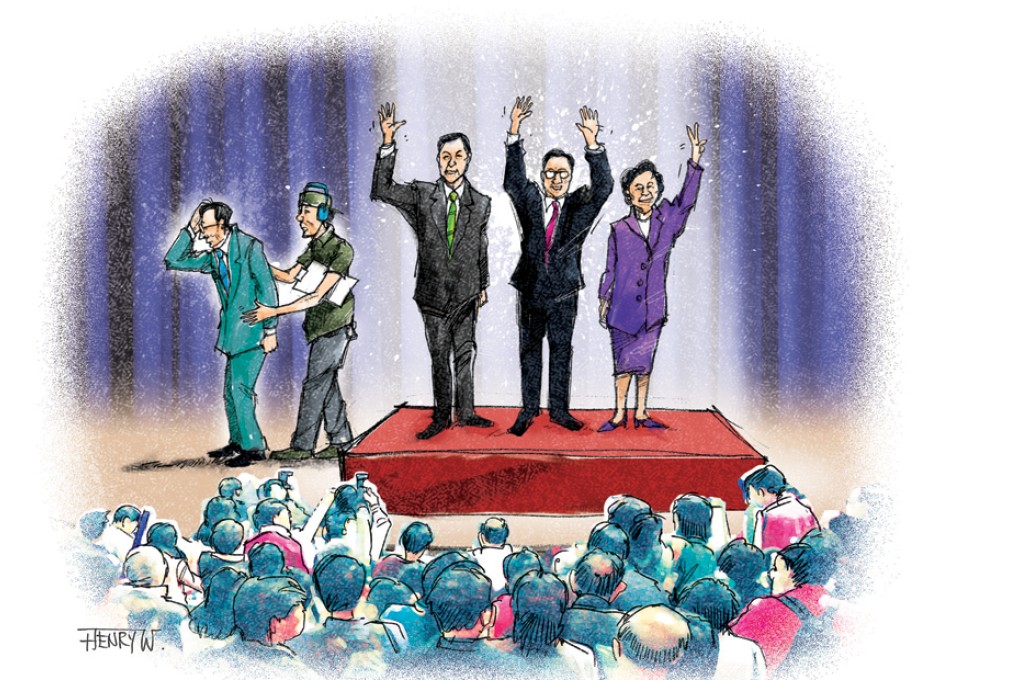New | Screening out popular candidates does not accord with Basic Law intent
Dennis Kwok looks back at how Basic Law drafters arrived at the wording of Article 45 and says their intent was never to bar candidates with public support from the chief executive election

Last month, Chief Secretary Carrie Lam Cheng Yuet-ngor invited Li Fei , the Basic Law Committee chairman, to visit Hong Kong, ostensibly to improve our legal understanding of the relevant Basic Law provisions.

In 1988, in preparation for the then upcoming first round of public consultation, the drafting committee issued the first draft of the Basic Law. Article 45 at that time only provided that the method for selecting the chief executive "may be modified" in light of the actual situation of Hong Kong and in accordance with the principle of gradual and orderly progress - without specifying an end goal or even a general direction, and leaving five vastly different proposals in the draft.
Subsequently, Hong Kong drafter Louis Cha proposed what was then considered an ultra-conservative compromise proposal: the first three chief executives would be elected by a "broadly representative" Election Committee; a referendum would then be held in 2011, the passing of which would mean that the fourth chief executive would be elected by way of universal suffrage, and the Election Committee transformed into a nominating committee.
The Hong Kong public vehemently opposed Cha's proposal for greatly delaying the timetable for universal suffrage. In the meantime, when the mainland drafters came to Hong Kong for an exchange visit, certain members of the Basic Law Consultative Committee took the opportunity to express their view that it would be contrary to democratic principles for chief executive candidates to be selectively nominated via "consultation" among a privileged few, while capping the number of candidates would be unfair and undemocratic.
Despite Hong Kong people's opposition, Cha's proposal still received majority support from the drafting committee, and Article 45 was accordingly amended in the second draft to include the stipulation quoted above.